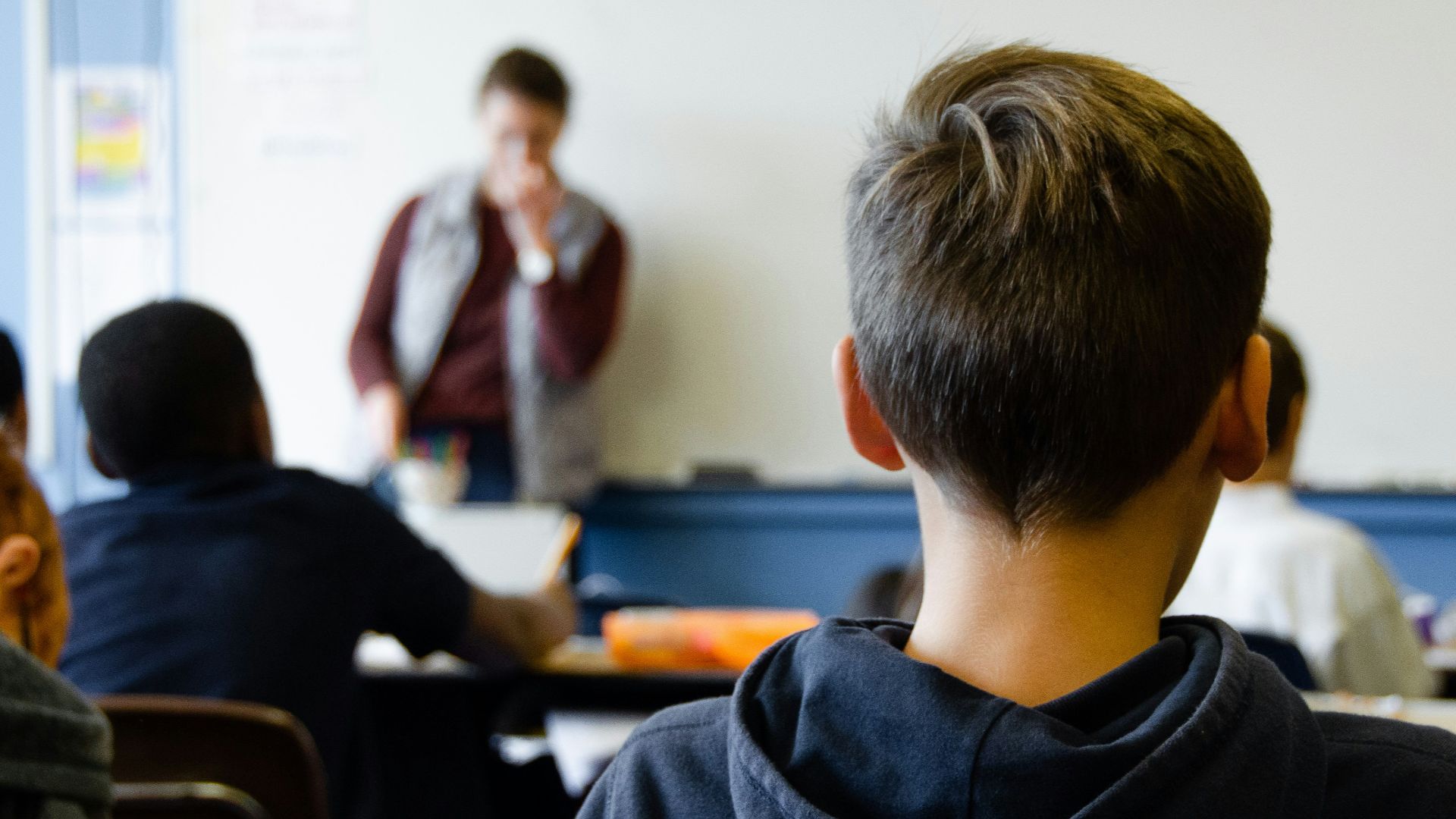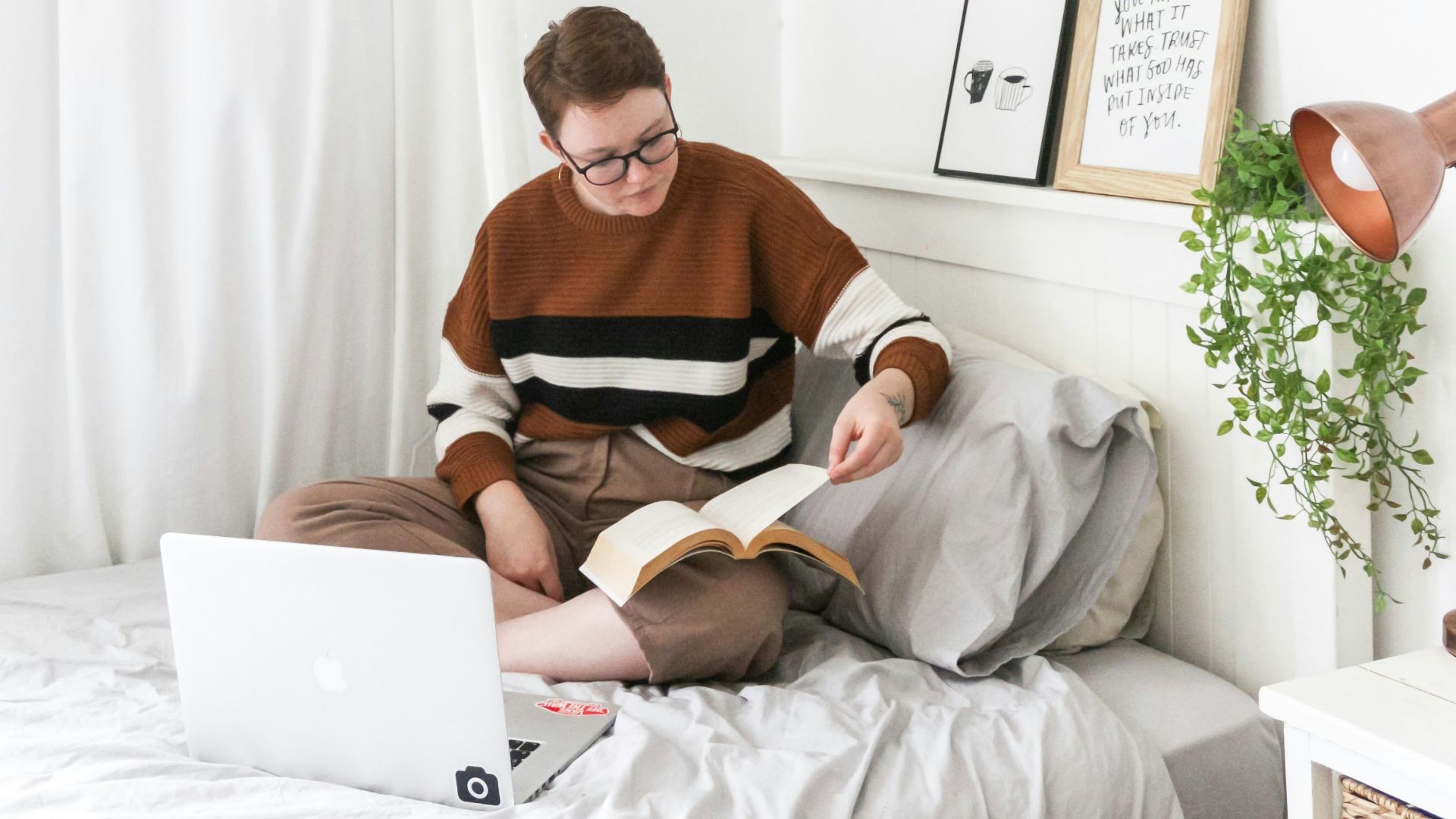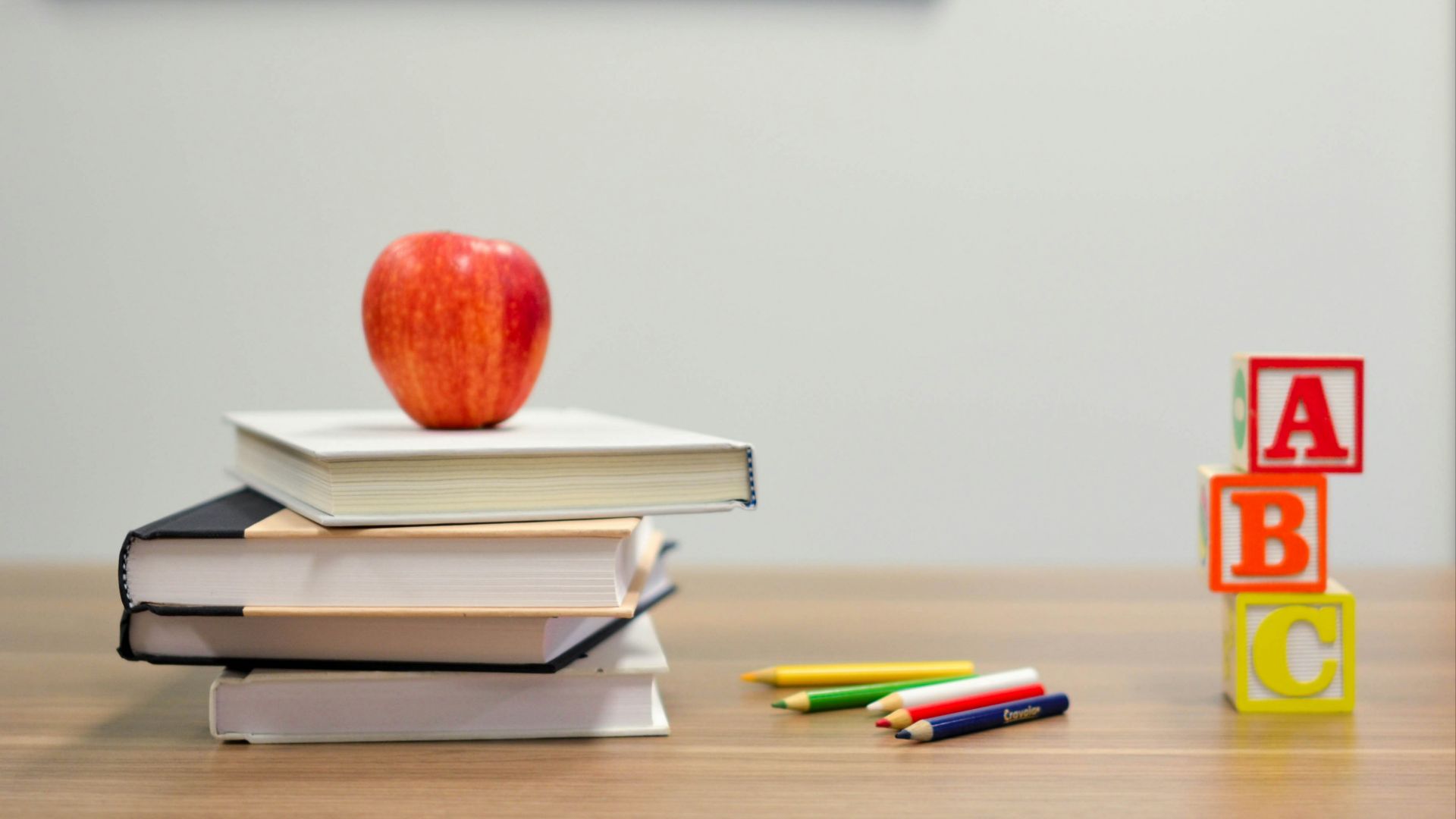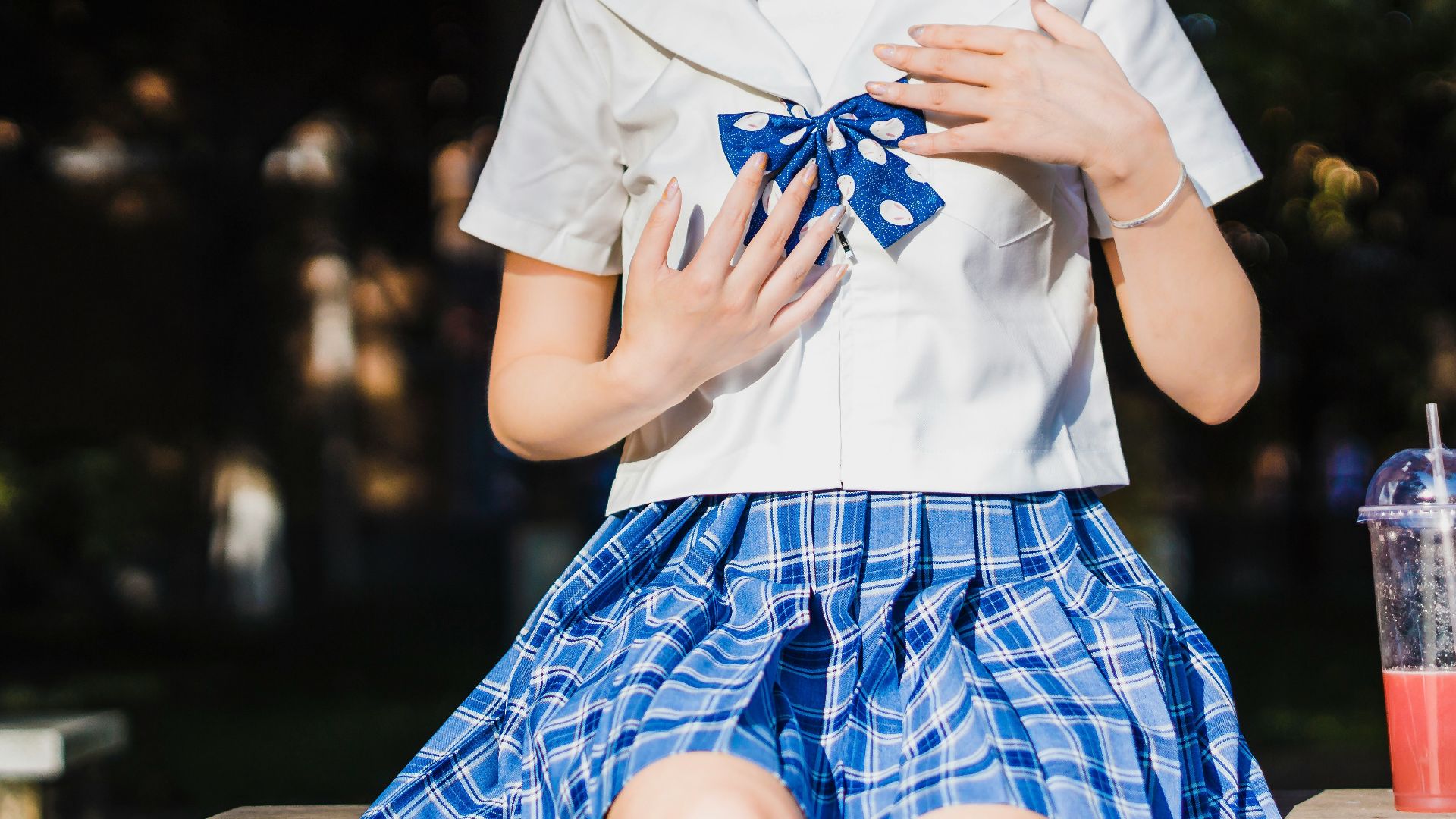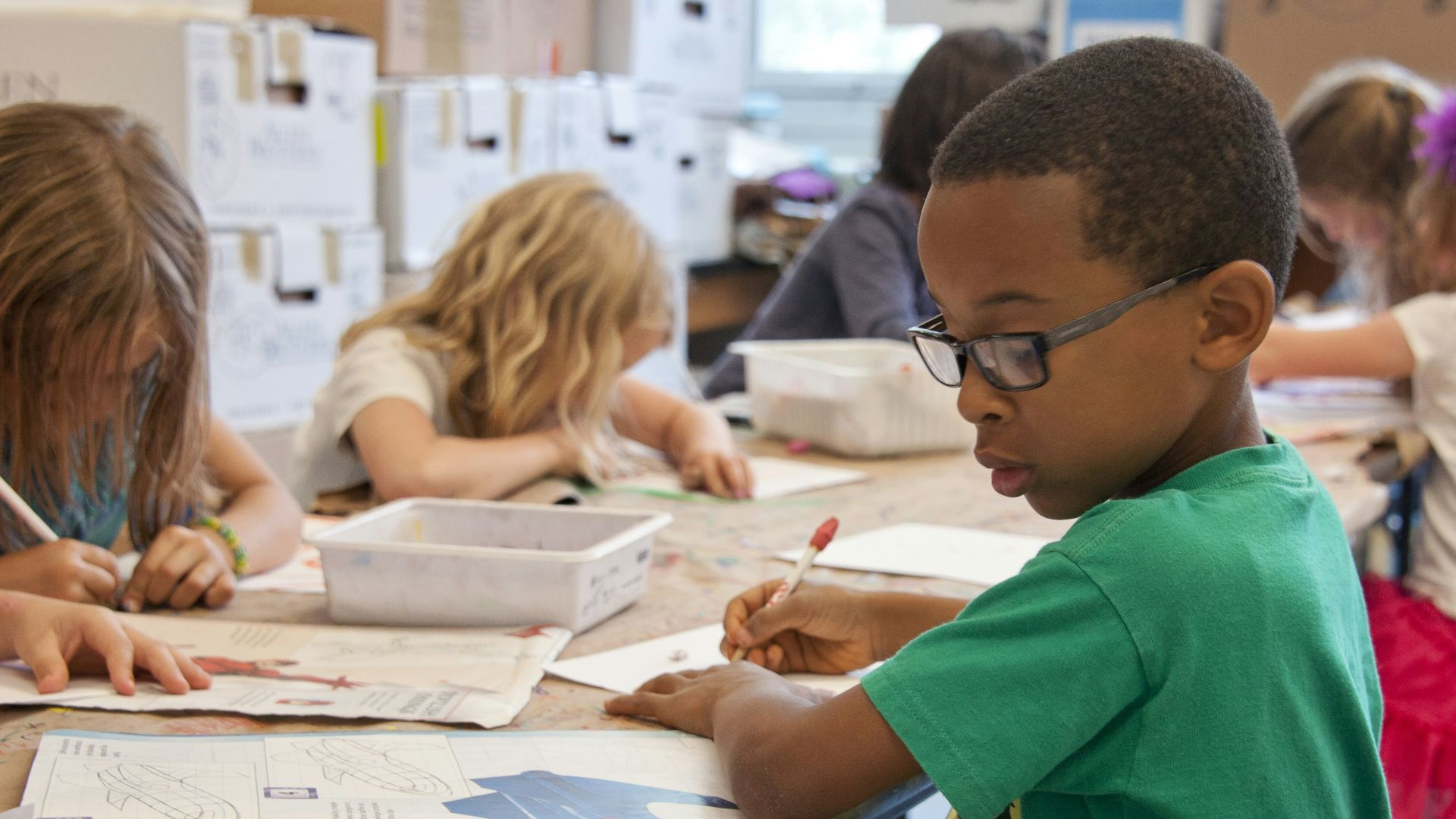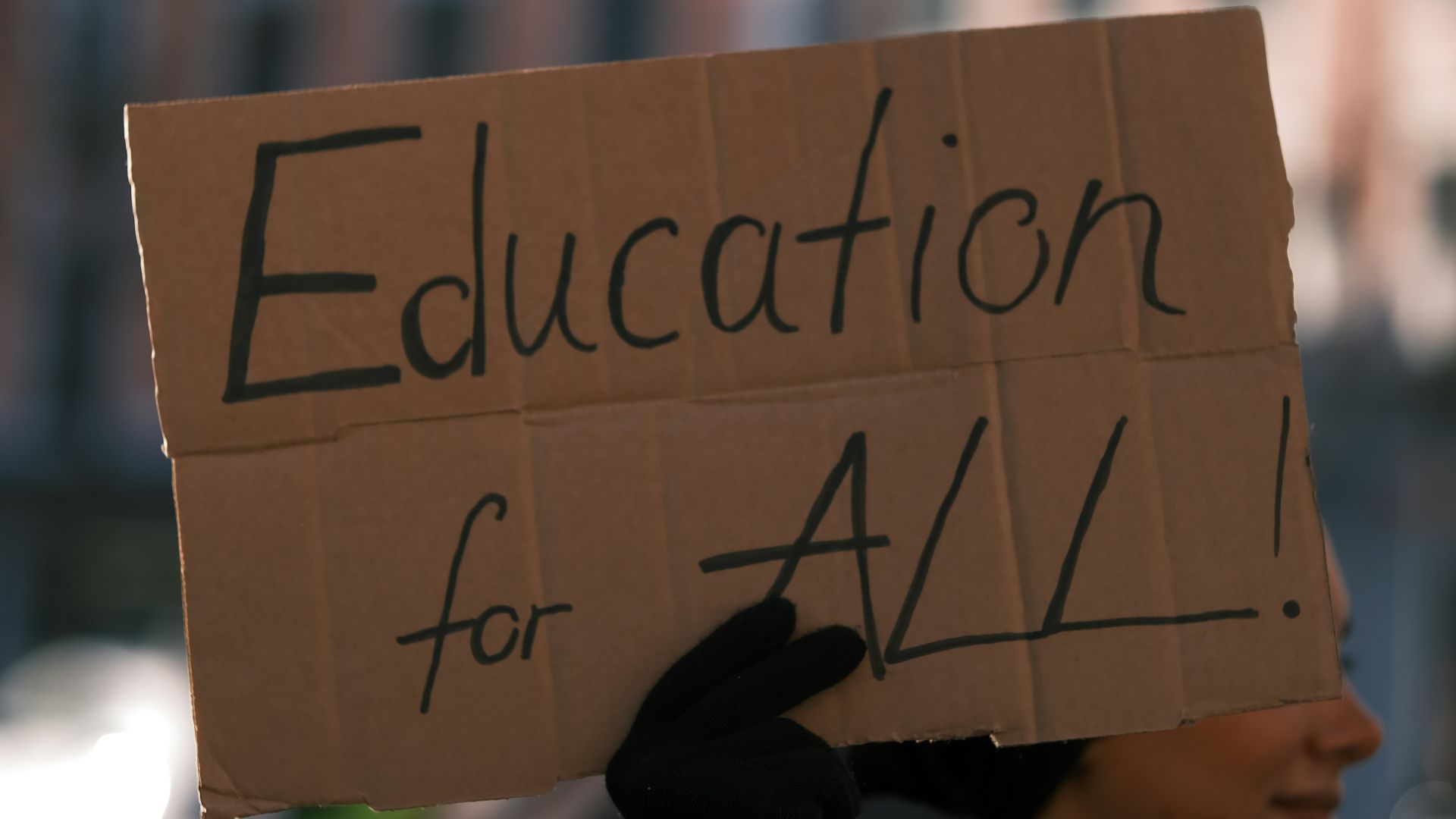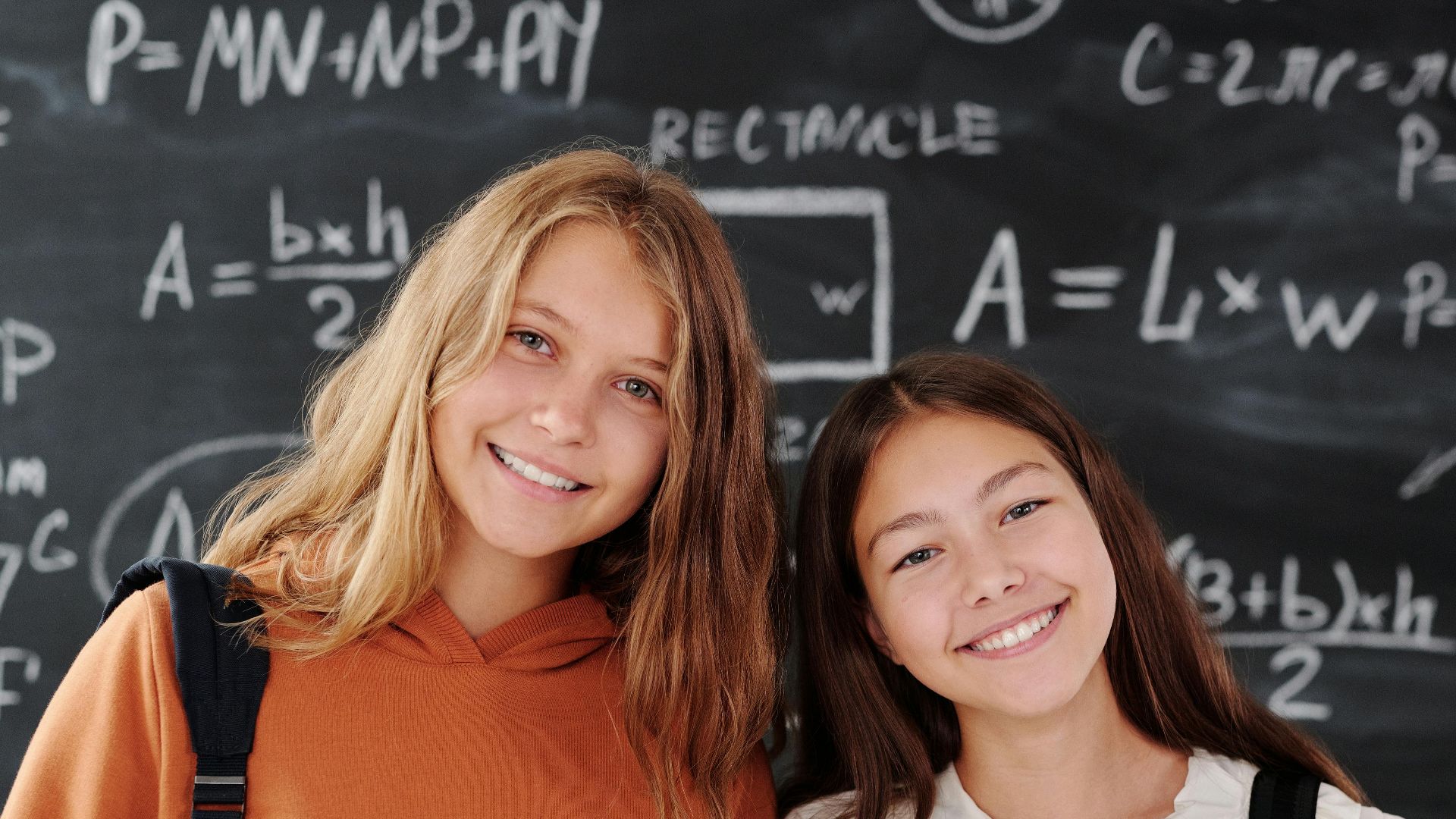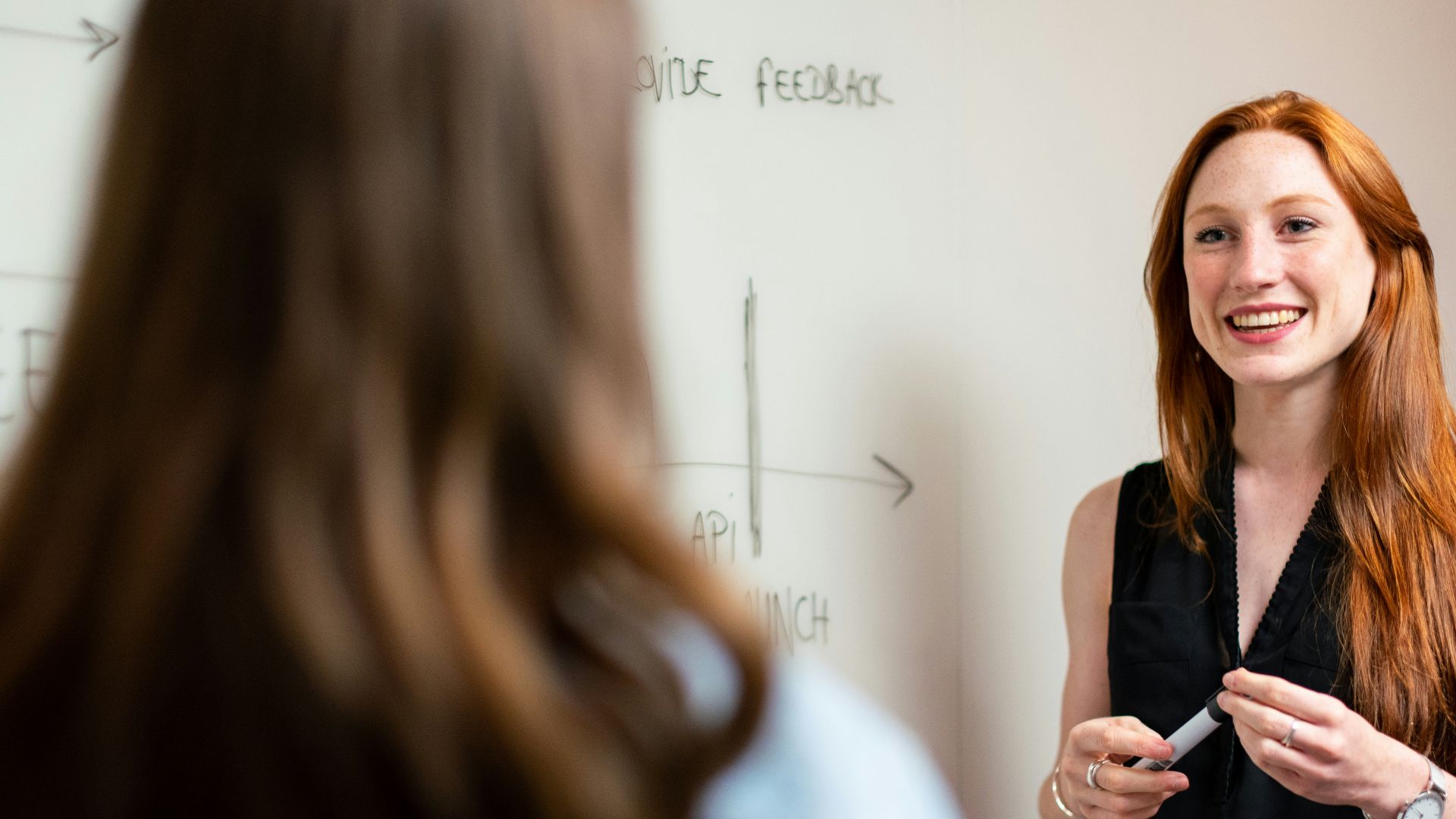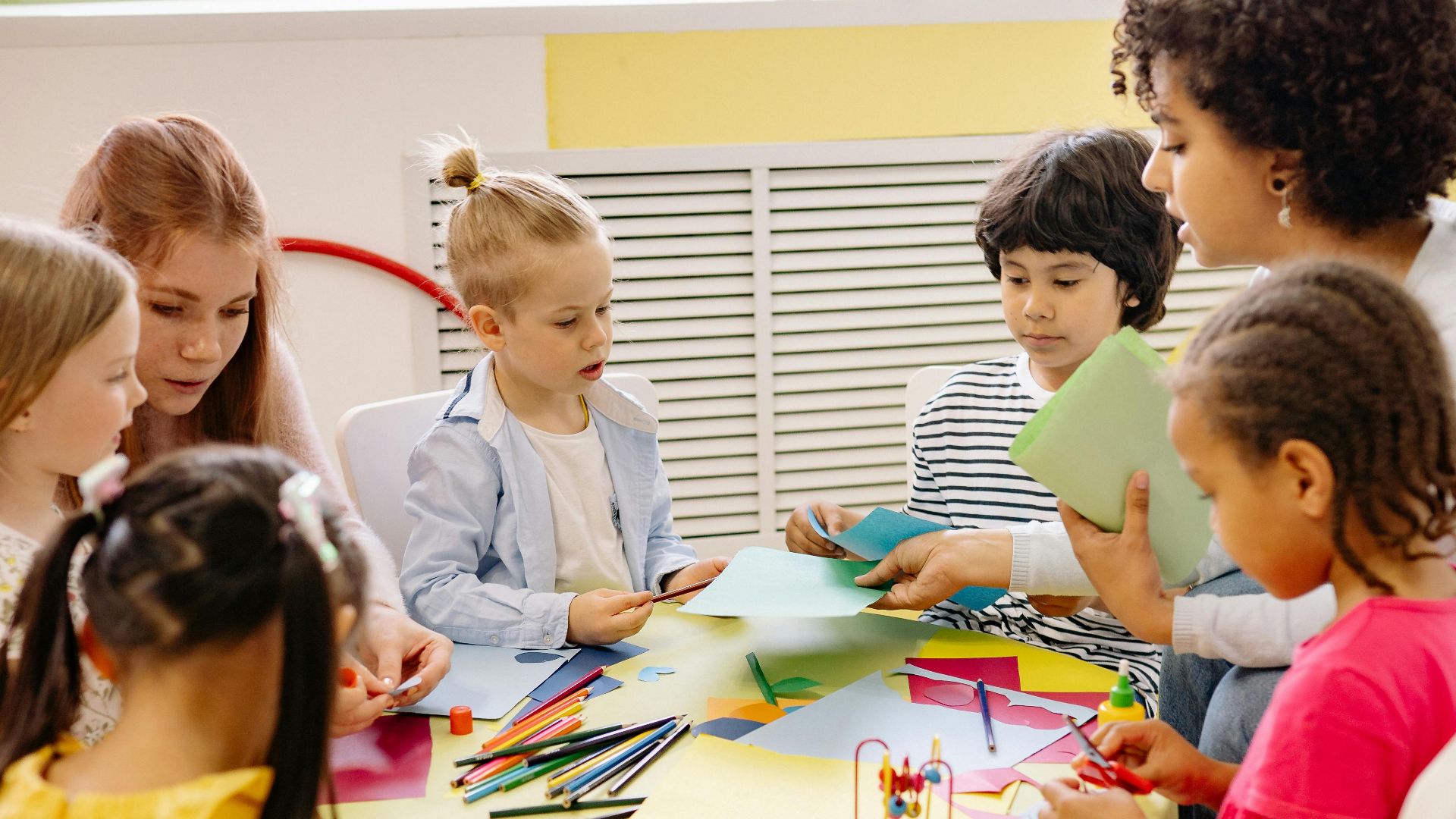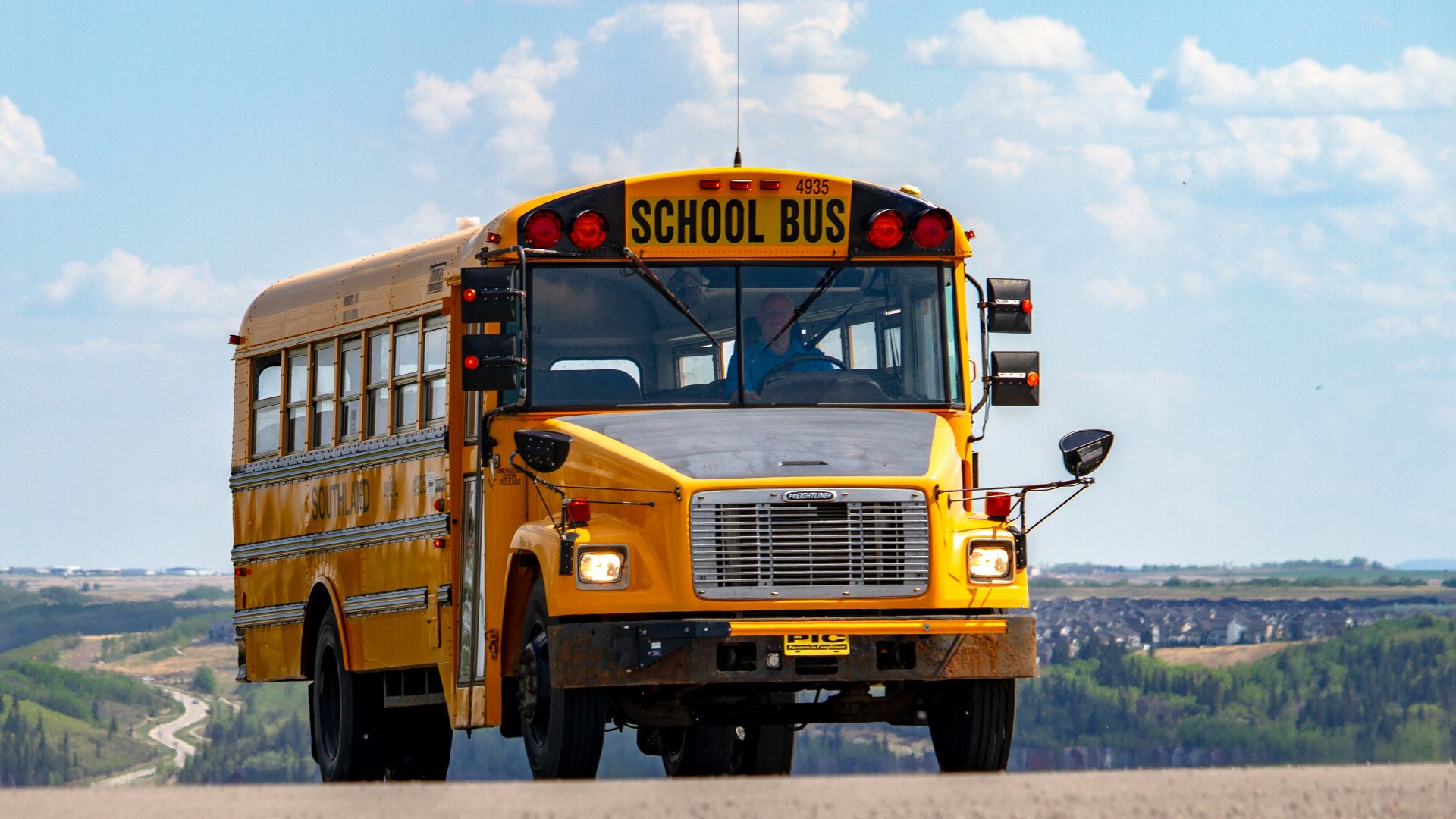Do Higher Fees Equal Higher Grades?
It isn't uncommon to hear parents say that if you have the money, you should invest in private schooling. It isn't difficult to understand why private schools are appealing to many parents, from the elite environment to specialized classes. However, public school has its own benefits, and this article aims to explore the pros and cones of both environments.
1. Smaller Class Size
A study from the National Center for Education Statistics shows that the average class size in private schools is around 16 students, compared to 25 to 30 in public schools. However, many private schools seek to keep class sizes even lower, between 10 and 15. This allows for individualized attention to ensure students do not fall beyond.
2. Specialized Curriculum
Private schools are not subject to state curriculum and thus can offer specialized courses. In addition to AP and IB classes, students can also take classes in subjects such as robotics and entrepreneurship. Certain schools may also function as magnet schools for arts or sciences.
3. Teach Kids Independence
Not all private schools are boarding schools, in fact, many aren't. However, one of the benefits of sending your child to a private school that includes boarding is that they will learn to live on their own. Not only will this prepare your child for university and beyond, it can help make that initial period of separation easier on you as well.
4. Creative Teaching Methods
Private school teachers are allowed more classroom autonomy than public schools, which allows them more creativity with their teaching methods. As a result, students may learn through methods such as gamification, experiential learning, or Socratic seminars. This can be especially helpful for students with learning disabilities who have difficulty focusing in traditional classrooms.
5. Sense Of Community
It is a belief among private school parents and educators that because students must pass an application process, that students become part of a close-knit community the second they step on campus. The low enrollment numbers along with shared values and goals foster a sense of pride among students.
6. Parent Involvement
With public schooling, it is easy for parental concerns to get lost in the crowd. Not only do the smaller numbers of private school mean that administrators welcome parental feedback, but there is an open channel of communication between parents, educators, and administration. Parents may feel more empowered to speak up on their child's behalf.
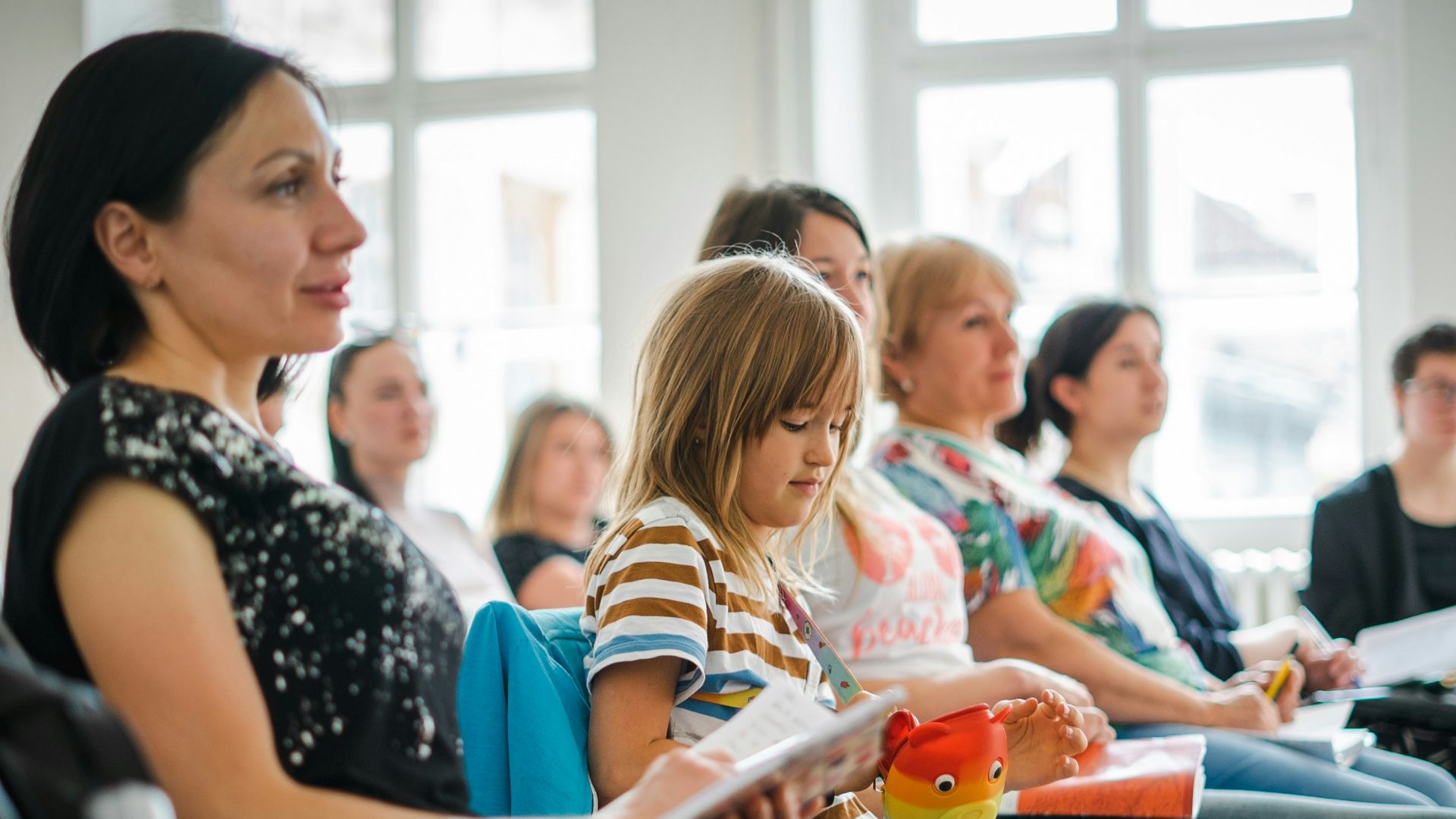 Timur Shakerzianov on Unsplash
Timur Shakerzianov on Unsplash
7. Uniformity
For children exploring self-expression, uniforms may be a major bummer; for parents and teachers, they're a godsend. Not only do uniforms eliminate fashion and class-based competition—a major pressure on students in this digital age—but they help to foster a sense of community. Uniforms teach students how to dress for success and can lead to a less distracting learning environment.
8. High Academic Standards
Another statistic from the NCES shows that private high schools have more rigorous graduation requirements than public. These high standards help nurture your child's mind and better prepare them for higher education than public schools. Students at private schools have excellent performance records for standardized testing, typically scoring 60-70 points above the average SAT score.
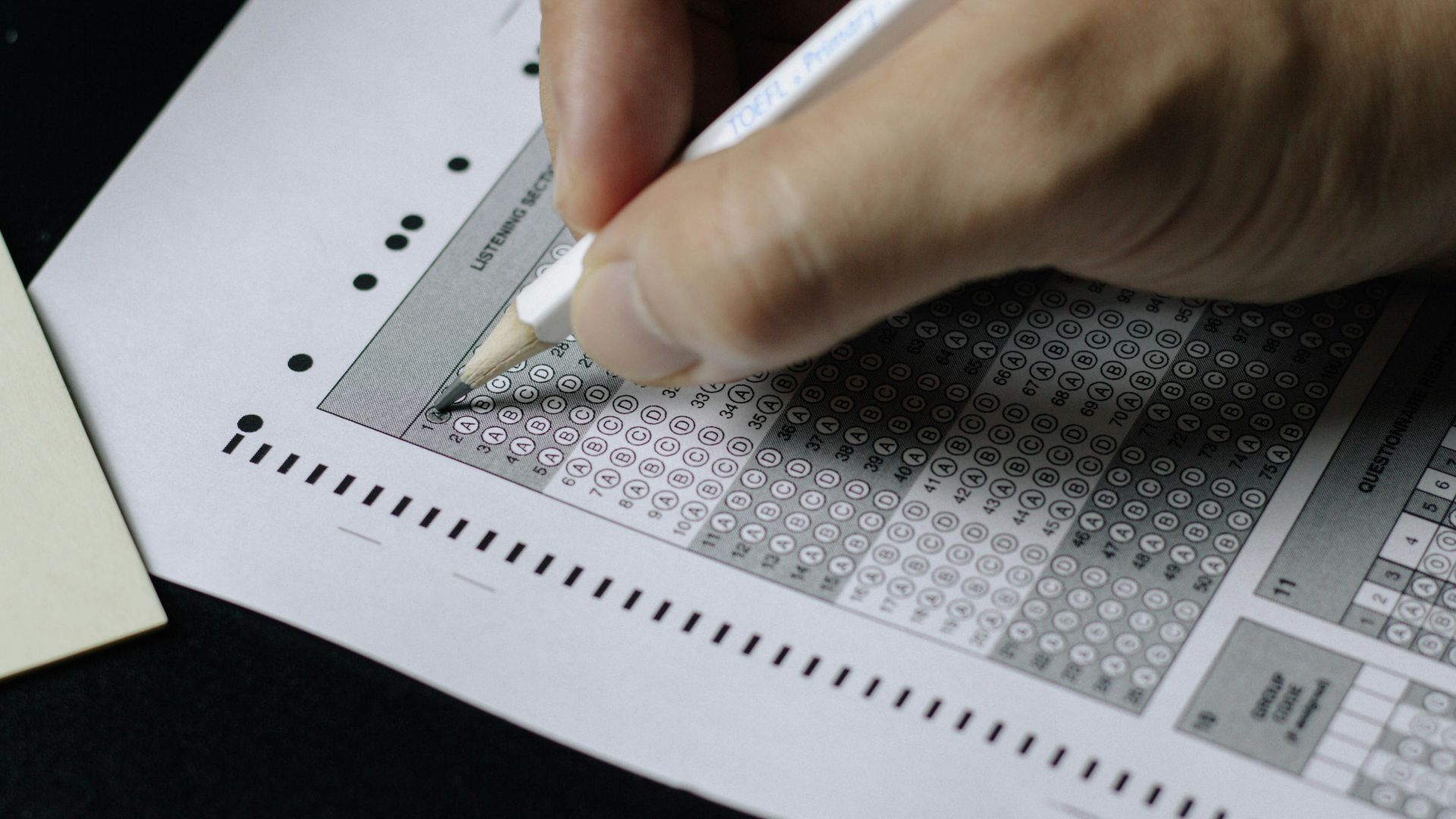 Nguyen Dang Hoang Nhu on Unsplash
Nguyen Dang Hoang Nhu on Unsplash
9. Safe Environment
Because private schools are a closed environment, they're generally safer than public schools when it comes to things like bullying and fights. The controlled environment makes for greater adult supervision, so educators can identify problems before they escalate. Private schools often have greater security measures than public.
10. Extracurricular Activities
Because private schools have more money at their disposal, they use that money to provide a greater array of extracurriculars than public school. These clubs and teams offer students the opportunity to explore their passions, make friends, and stay healthy. Not only do private schools encourage extracurricular activities, some even require students to participate in clubs and/or teams every semester.
Now that we've discussed a few benefits of private school, let's look at a few benefits of public schooling.
1. Regulations
The biggest difference between public and private schools is that public schools are regulated in a way that private schools are not. Private schools are not required to follow a set curriculum or teach certain topics. With public schools, you know exactly what your child will be learning and the standards they are being held to.
2. Consistency
While public schools do close due to structural or enrollment reasons, you will never have to worry about your child's academic future being in jeopardy. Private schools are privately run and funded, which often results in higher rates of closure. Having to suddenly find a new school can be a serious detriment to your child's happiness and academic performance.
3. Accessibility Accommodations
Contrary to what you may believe, public schools are actually better for students with learning, intellectual, and physical disabilites than private ones. The Individuals with Disabilities Education Act requires public schools to offer accomodations to all students, which private schools do not have to follow. There are also public schools which are geared towards students with disabilities.
4. Focus On Core Subjects
It might be cool that private school children learn things like Latin or architecture, but, at the end of the day, phonics and algebra will get your child farther in day-to-day life. Exciting electives can distract students from their core subjects. Also, we'll let you in on a secret: many public schools offer these electives as well.
5. Easier To Make Friends
Your child may have to make a substantial commute to private school, which can be limiting when making friends. Because public schools are in the heart of the community, it is easier for students to make and maintain friendships outside of the classroom. Additionally, private schools can be cliquey and elitist in a way that public schools often aren't.
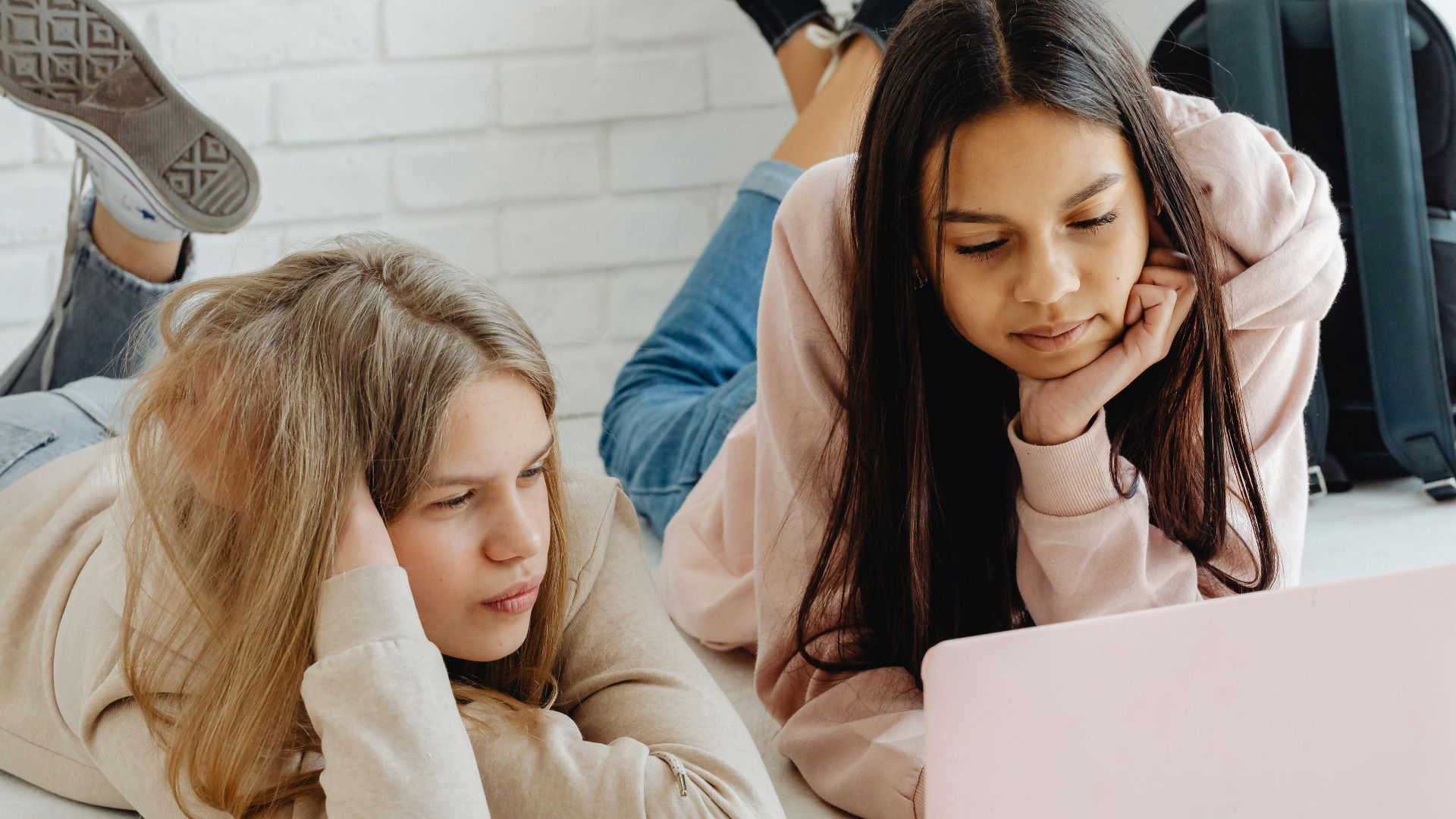 Photo By: Kaboompics.com on Pexels
Photo By: Kaboompics.com on Pexels
6. Certified Teachers
In many states, private school teachers are not required to earn a four-year degree from an accredited college. Compare this to public school teachers, who are required to have not only an accredited bachelors degree, but also a specialization in education. Many public school teachers also have masters degrees.
7. Greater Diversity
Generally speaking, public schools are more diverse than private ones, which can afford to be selective with their student body. Studies have shown that children who are exposed to diversity from a young age grow up to be more empathetic adults. This inclusive environment can foster interpersonal and community-based skills.
8. Greater Self-Expression
Students at private schools schools aren't just students, they're the face of a brand. We mean this both literally in terms of uniforms, and figuratively in that they represent the school's values. This may stifle self-expression at a time when it is most important in a child's life. However, on the topic of uniforms, public schools are increasingly opting for uniforms, though they are more casual than at private schools.
9. Transportation Provided
Like everything about private schools, transportation is added at an additional fee. For parents who cannot drive their children to and from school every day, public schools are far more accessible. If students are not close enough to walk to school, bus transportation is publically funded.
10. No Tuition
Education is expensive, and it's only getting more so. Tuition fees at private schools get higher each year, even with scholarships and bursaries. Public schools, however, are and will always be free, allowing all children to access education without financial burdens.



